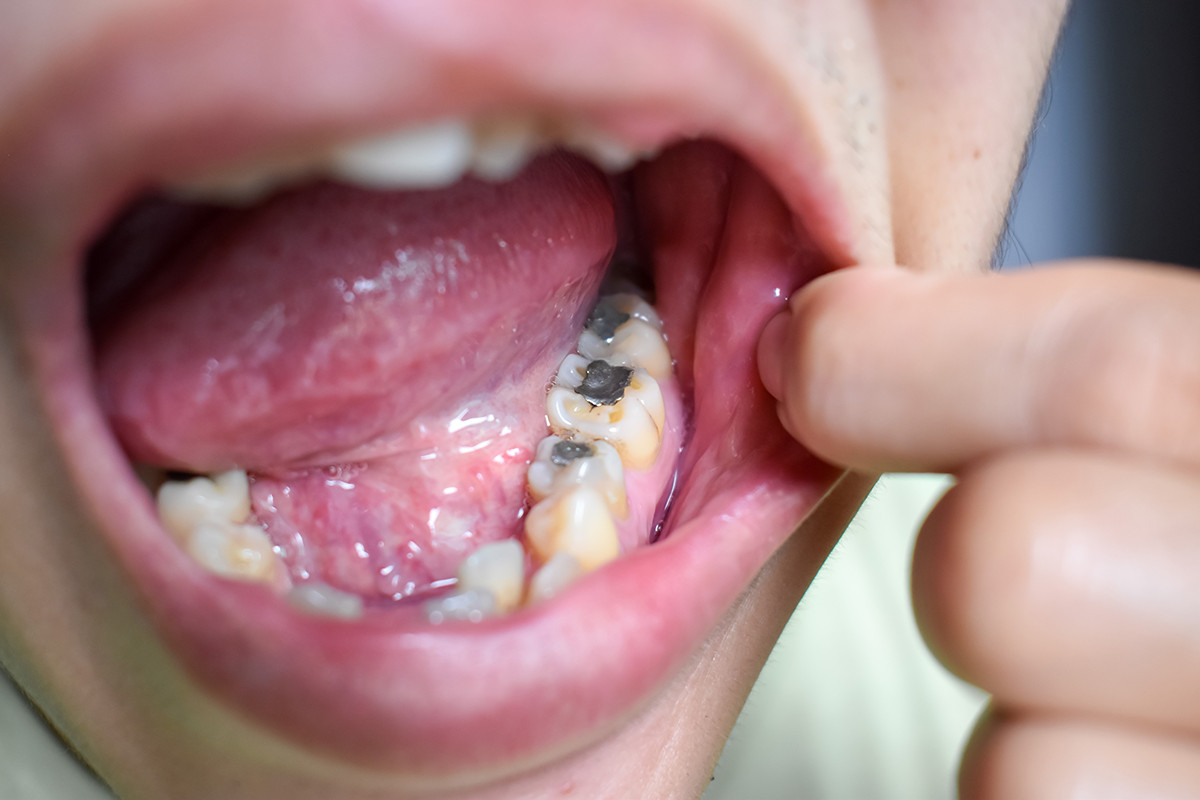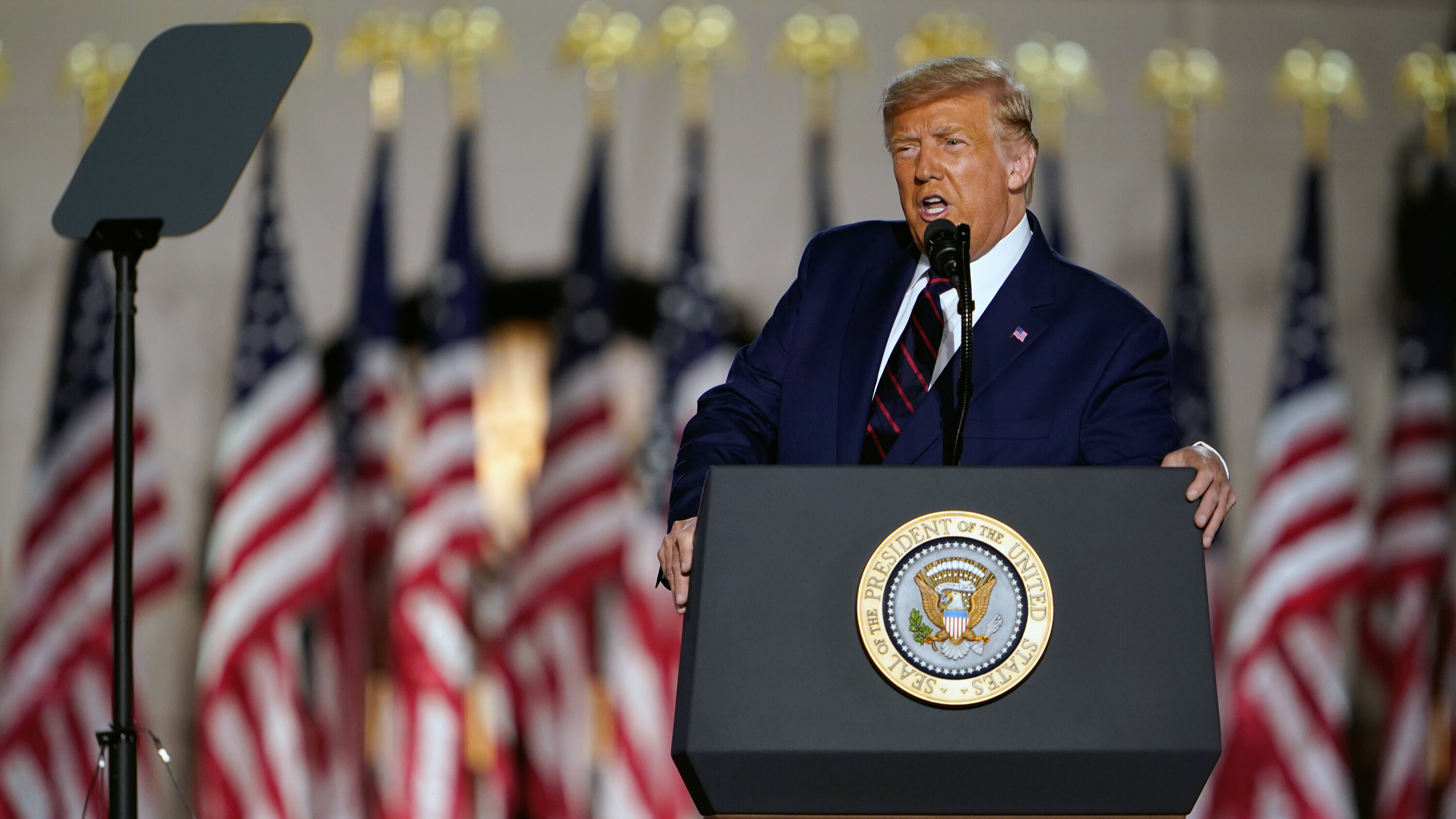A global message has begun in Fargo with a goal to positively impact the health of Indigenous people throughout the Americas. The call to end the use of dental amalgam - a mixture of metals, including mercury, commonly used to fill tooth cavities - on Indigenous people has been shouted for over a decade, Charlie Brown wrote in a release. Brown represents Consumers for Dental Choice.
“Rather than listen to American Indians, the US Indian Health Service has a contemptuous ‘white man knows best’ attitude towards Native Americans,” Brown wrote.
The Health Risks of Mercury Fillings
Dental amalgam fillings release “low levels of mercury,” according to the U.S. Food and Drug Administration, that do not pose any health risks to the general population. It is an effective, affordable option for most people. However, the groups identified above are “more susceptible to potential adverse effects,” the FDA said. People with allergies to the metals in amalgam are also at risk.
“For Indigenous Peoples, exposure to mercury and harmful neurotoxins are a direct threat to our health, culture and future generations,” Rochelle Diver, UN Environmental Treaties Coordinator of the International Indian Treaty Council, wrote in the release.
The Impact on Indigenous Children
Every 1 in 10 babies born in Northern Minnesota are “pre-polluted” with mercury, Diver said. “Indian Health Services continues to use mercury fillings on children and women of child-bearing age,” Diver said. “It is far past time that HHS (Health and Human Services) and IHS honor their treaties with Native Nations.”
It’s vital that Indigenous people are aware of the impact that dental amalgam and other exposures can have on their children, according to Andrea Carmen, Executive Director of the International Indian Treaty Council. “Our babies and children pay the highest price,” she said. “This is so unjust.”
A Call for Change Across the Americas
The continued use of dental amalgam by the Indian Health Service is a “callus exploitation of American Indians,” the release states.
Many Indigenous people have signed on to Red River Declarations' call to action, Maria Carcamo wrote in the release. Carcamo represents the Latin American Center for Environmental Health.
“The reason is that governments across the Americas, from Brazil to Mexico to Canada, continue mercury amalgam use in Indigenous peoples. Amalgam use in American Indians must stop now!” Carcamo said.
The Path Forward: Treaty Obligations and Indigenous Rights
The Red River Declarations represents a growing movement demanding that the Indian Health Service honor its treaty obligations to protect the health and well-being of Indigenous communities. The use of mercury fillings in Indigenous communities is a violation of treaty rights and a threat to the future generations. The declarations demand that the Indian Health Service end its use of mercury fillings in Indigenous populations and transition to safer, mercury-free alternatives.
The Red River Declarations is a powerful testament to the strength and resilience of Indigenous communities who are fighting for their health, their culture, and their future. This movement underscores the importance of listening to Indigenous voices and prioritizing their health concerns. The call for change echoes across the Americas, urging governments and healthcare institutions to take action to protect the health of Indigenous populations and honor their treaty commitments.
The Fight for a Healthier Future: Moving Beyond Mercury
The Red River Declarations is not just a call to end mercury fillings, but a call for a broader shift in how Indigenous health is viewed and treated. It is a demand for respect, for autonomy, and for the right to self-determination in healthcare. The movement seeks to empower Indigenous communities to make decisions about their own health and well-being, free from the constraints of colonial systems and practices. The future of Indigenous health requires a fundamental shift in the way healthcare is delivered, a shift that prioritizes Indigenous voices, knowledge, and traditions. This movement is a powerful call for action, a call for a healthier future, a future free from the toxic burden of mercury fillings and the legacy of colonial neglect.


















